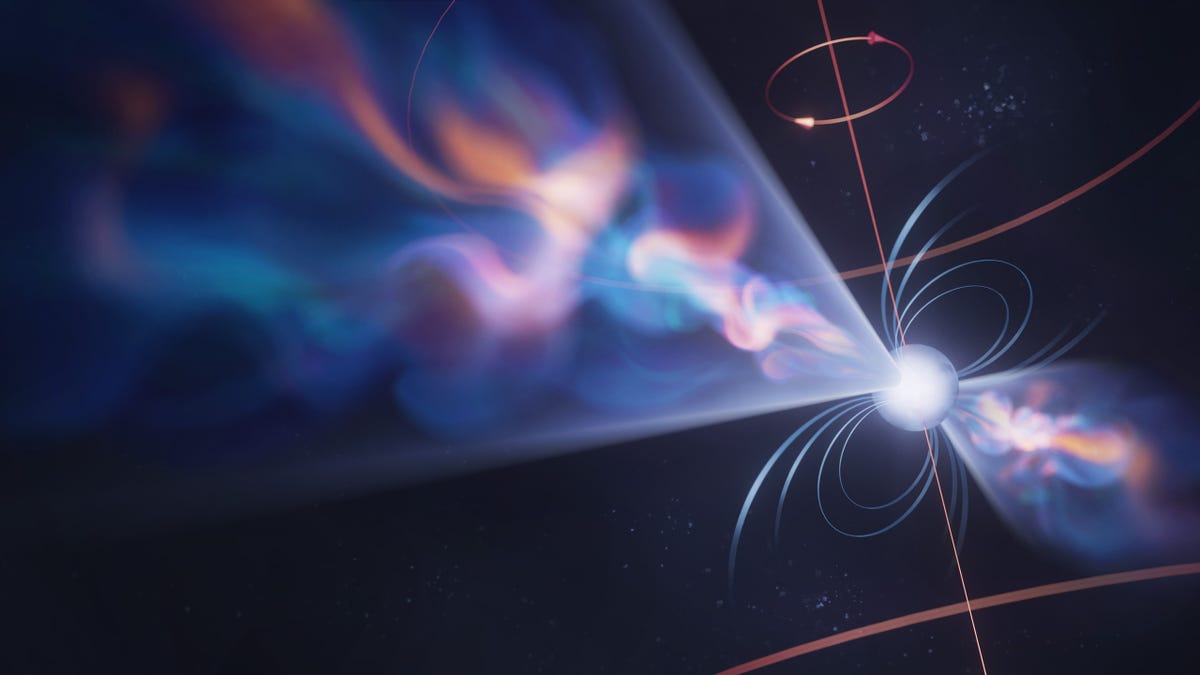Physicists Designed an Experiment to Turn Light Into Matter::It would be a tangible demonstration of Einstein’s famous E = mc^2 equation.
It seems that the paper is making theoretical strides in the limitations of producing a positron beam via the Breit-Wheeler process. From Wikipedia
This mechanism is theoretically characterized by a very weak probability, so producing a significant number of pairs requires two extremely bright, collimated sources of photons having photon energy close to or above the electron and positron rest mass energy. Manufacturing such a source, for instance, a gamma-ray laser, is still a technological challenge.
I’m not claiming I know this stuff. I was just trying to figure out what was new here since I didn’t find the headline very surprising.
Abstract:
We discovered a simple regime where a near-critical plasma irradiated by a laser of experimentally available intensity can self-organize to produce positrons and accelerate them to ultrarelativistic energies. The laser pulse piles up electrons at its leading edge, producing a strong longitudinal plasma electric field. The field creates a moving gamma-ray collider that generates positrons via the linear Breit-Wheeler process—annihilation of two gamma rays into an electron-positron pair. At the same time, the plasma field, rather than the laser, serves as an accelerator for the positrons. The discovery of positron acceleration was enabled by a first-of-its-kind kinetic simulation that generates pairs via photon-photon collisions. Using available laser intensities of 1022 W/cm2, the discovered regime can generate a GeV positron beam with a divergence angle of around 10° and a total charge of 0.1 pC. The result paves the way to experimental observation of the linear Breit-Wheeler process and to applications requiring positron beams.
Hard light would be a cool thing to see in this shitty timeline.
Star wars
Arnold Rimmer
Smoke me a kipper, I’ll be back for breakfast
Boys from the dwarf!
Halo
Nobody is ordering Tea Earl Grey hot anytime soon.
I am in the mood for a cupful of liquid that is almost, but not quite, entirely unlike tea.
There’s coffee in that light beam!
Cookie clicker irl
Scientists devise way to turn light into cookies, your bakery now produces 90% of the worlds GDP. “Good boy.” -Grandma
This is the best summary I could come up with:
Plasma could be wrangled to collide photons and yield matter, according to physicists who ran simulations to explore the practical applications of a world-famous equation.
“We feel that our proposal is experimentally feasible, and we look forward to real-world implementation,” said Alexey Arefiev, a physicist at UC San Diego and co-author of the paper, in a University of Osaka release.
In 2021, a different team of researchers suggested that the cores of neutron stars, extremely dense end-stages of stellar life, could be a venue for a similar dynamic, by which dark matter particles could convert into photons.
Spinning neutron stars are called pulsars, and their high-energy environment is where matter may be generated from light.
Pulsars can spin thousands of times per second, emit gamma-rays, and have some of the strongest-known magnetic fields, according to NASA.
The experiment could provide a way to peer into the universe’s composition, by bringing some far-out physics much closer to home.
The original article contains 458 words, the summary contains 157 words. Saved 66%. I’m a bot and I’m open source!
Light bridges and Light sabers, let’s go!
Is it practical beyond confirming Einstein’s equation works both ways, with all of the theoretical implications?
Considering you need a ton of energy to produce even a milligram of matter (8,99*10^10 J, or 24,7 MWh, assuming 100% conversion).
It’s not practical given our current technology, but theoretically it could be in the (far) future, in a situation where energy is abundant but matter is not.
Which, admittedly, is likely gonna stay a very niche situation. Mass is the densest form of energy that we know of, after all.
I also assume that if we get some exotic state of matter through this process and learn to extract energy at least 100x more effectively, this could become practucal for some applications
When, far in the future, the next functioning society eventually makes an Experiential Media (or whatever they will call movies) about the collapse of this society, this headline will definitely be in the opening montage.
deleted by creator
Isn’t it what particle accelerator are doing already? From my understanding the CERN is colliding particles and some of the energy from tge collision is turned new particles.








